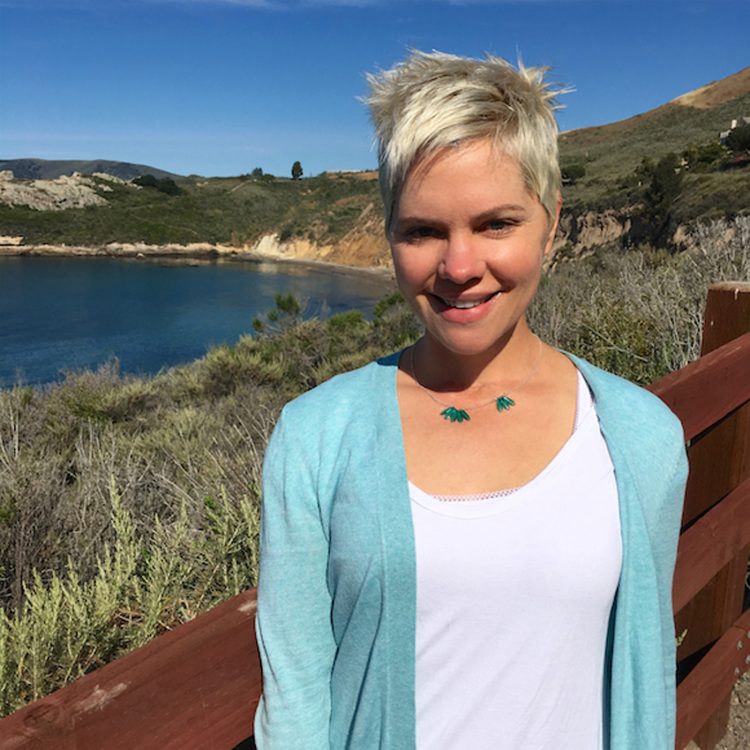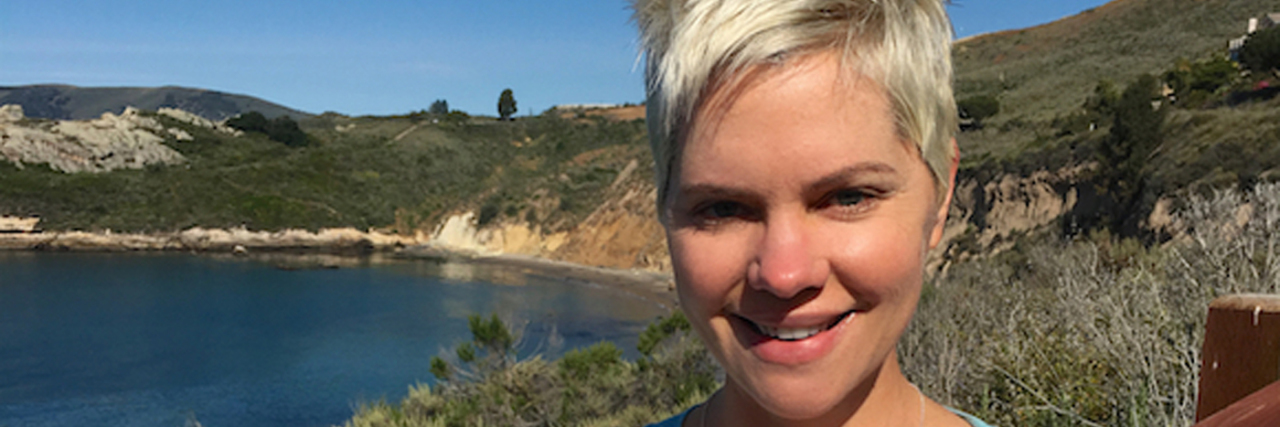In October of 2017, I quietly celebrated my five-year anniversary of when I was treated for thyroid cancer. Perhaps other survivors celebrate wildly, and I wish I was in the place to have that type of optimism. Five years still feels so fresh, as if that phone call from my endocrinologist just happened yesterday, and that a similar phone call could happen again at any time.
I’m still healing.
The past five years have been challenging. I was shaken to my very core with the diagnosis and the results of life without a thyroid. It took years to regain my energy, and fatigue is my constant companion. Some days are better than others, but I have to be careful not to overdo it.
I still grapple with the fact I had cancer.
Beyond the physical healing, I still grapple with the fact I had cancer and I was a cancer patient. My body had cancer that could have killed me. My cancer may recur and cancer may kill me.
Things have changed a lot since I was diagnosed.
Some things have changed in the diagnosis and treatment of thyroid cancer in the years since my diagnosis and treatment. The medical clinic where I go opened a “Cancer Center” where patients can get support. That would have been helpful when I was lost in the sea of anxiety and information overload. I got an invitation to the grand opening, but I didn’t go. I felt resentful I didn’t have that local support at the time of my diagnosis, and I was also unsure about joining a community based around cancer.
Cancer brings out all kinds of mixed up emotions like this. I’m happy patients like me have this resource now.
A few weeks ago, I met with my endocrinologist. He told me that there have been changes in the classification of thyroid cells that are considered cancerous. For a brief moment, I thought he was going to say I hadn’t had cancer after all. My immediate reaction was horror that I could have avoided the whole nightmare of cancer.
I interrupted him in astonishment: “Don’t tell me I could have kept my thyroid?” I slapped my hand to my head to emphasize how upset I was. My heart raced and I could feel myself getting light-headed. He quickly assured me my pathology had been reviewed again. I definitely had had cancer, the type I had still fit the parameters, and my treatment plan to completely remove my thyroid had been appropriate.
I felt so silly that for a brief moment I was relieved my diagnosis had been correct. I realized immediately either situation was not good and we both laughed uncomfortably.
Clearly, if I had the choice of either having cancer or having only been misdiagnosed with having cancer, I would choose every day of the week not to have had cancer. I was noticeably shaken for a few days after that visit.
It’s OK to work on my emotional health.
One of the biggest positive changes I’ve had from my experience with cancer is I was forced to work on my emotional health. I joined a program about two weeks after my surgery when I realized my fear and anxiety were getting out of control.
Anxiety was not new to me; I’d experienced panic attacks in my past. But now I couldn’t sleep, and my fears surrounding the aftermath of having had cancer were crushing me. I literally spent every minute of every day worrying about my cancer.
Was it caught early enough?
Would it come back?
Would I ever feel like myself again?
It was as if someone else had taken over my brain and I couldn’t find myself anymore.
It took about two-and-a-half years of working with a telegroup through a program called Emotional Brain Training to acquire the coping skills I had never been taught by my parents. That work probably saved me from serious depression, and I use the skills almost daily, even five years later. Thankfully, now my stressors are more mainstream and I’m no longer in crisis.
I’m grateful to be here.
Five years seems like a long time in some ways, and in other ways, the experience is as fresh and painful as it ever was.
I’m comfortable with the word survivor, because it has been a fight of my spirit and a challenge for my body to recover. The gratitude I nurture on a daily basis extends to the kindness of the people who I meet on my journey, those who reach out to share similar experiences or compassion, and the small and large acts of kindness and expertise from within the medical community.

To be a survivor of such a challenge is an expression of my gratitude for living.
A version of this post previously appeared on Medium.
We want to hear your story. Become a Mighty contributor here.

